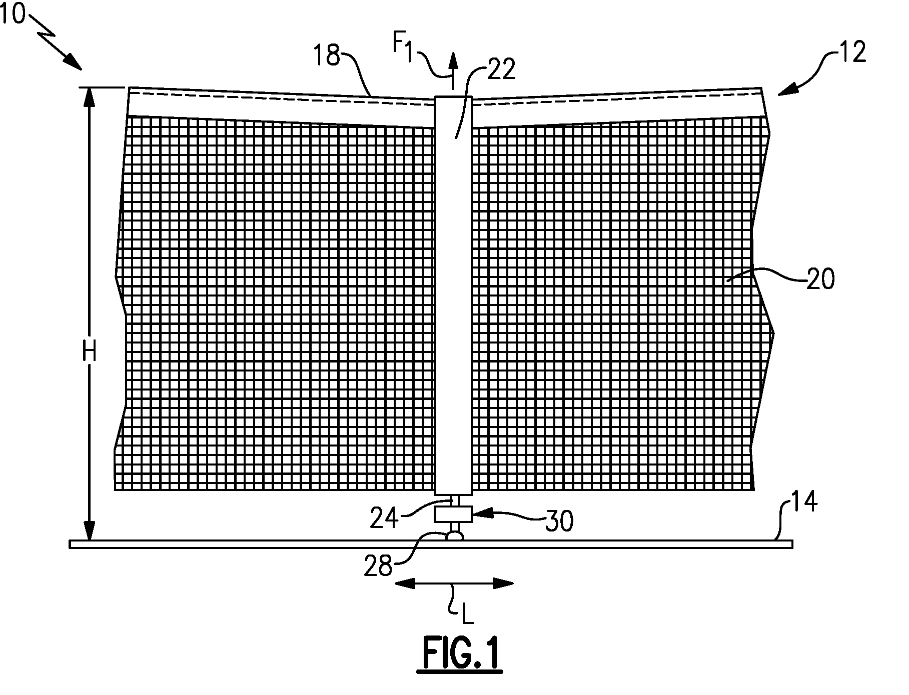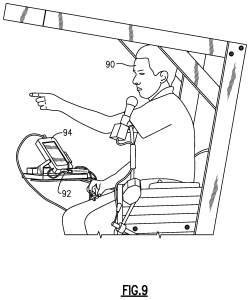by Dennis Crouch
The Federal Circuit has affirmed a district court's refusal to hold the United States Tennis Association (USTA) in contempt of a temporary restraining order, emphasizing that non-parties retain their right to defend against infringement allegations even when bound by injunctions against defaulting defendants. In Group One Ltd. v. GTE GmbH, 2024-1273 (Fed. Cir. Aug. 21, 2025), the court also reversed the district court's denial of mandatory post-judgment interest while affirming strict limits on damages awards in default judgment cases.
Group One sued German company GTE GmbH and its owner Ralf Weigel for patent infringement of tennis let detection technology covered by U.S. Patent Nos. 10,583,341 and 10,272,307, claim a system for measuring net tension to indicate whether a ball has clipped the net during a serve and allow umpires to control shot clocks. GTE and Weigel defaulted - i.e., did not show up to court - and the district court entered default judgment finding infringement based on defendants' sale of their "Trinity" let detection system for use at the 2019 and 2020 U.S. Open Tennis Championships. The court also issued a temporary restraining order preventing use of infringing Trinity systems during the 2021 U.S. Open. USTA went ahead and used a Trinity system at the 2021 tournament and Group One sought to enforce the TRO against USTA as a non-party acting "in concert" with the defaulting defendants -- particularly seeking a contempt finding.
To continue reading, become a Patently-O member. Already a member? Simply log in to access the full post.

